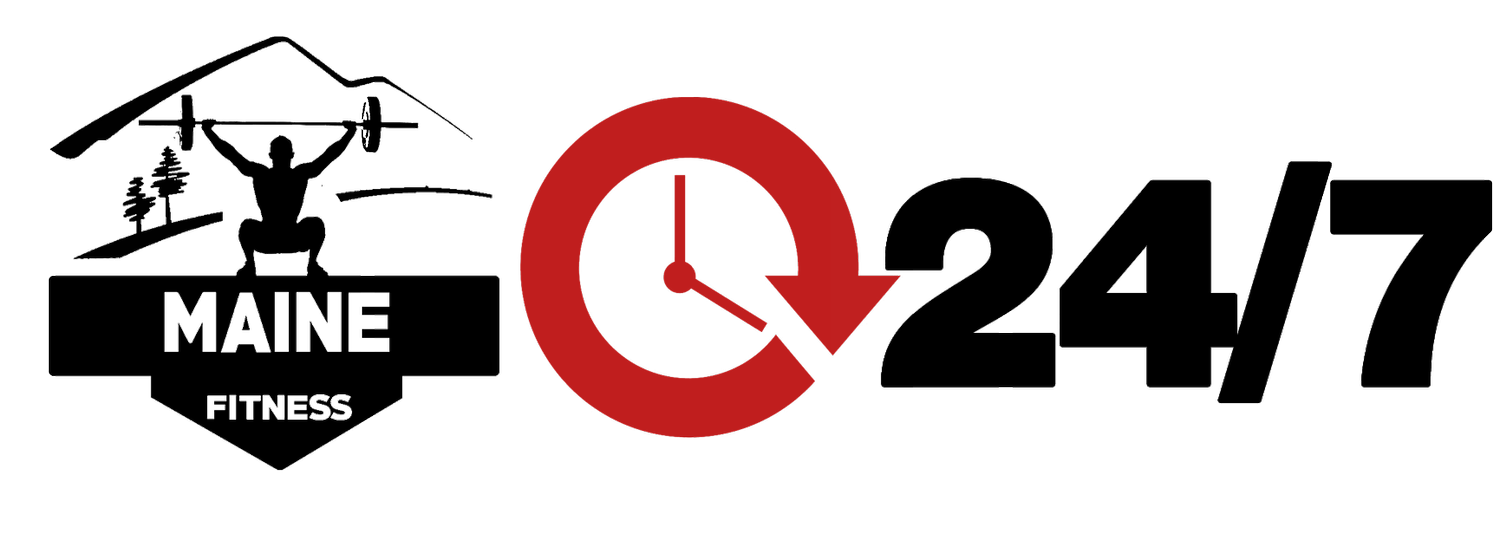Should I be taking supplements?
Do you need supplements? Shouldn’t a good healthy diet be enough? The following aims to cover the general reasoning behind the recommendation and use of nutritional supplementation from coaches to clients in strength and conditioning circles.
There is a huge amount of money made from supplements with every company claiming to have the latest and greatest product to put on muscle, support your immune system or boost your energy. This is why there are so much confusion and scepticism saturating the topic.
Plain and simple, unfortunately, the average Australian is not getting ‘adequate’ levels of nutrients from their diet. One in 5 Australians has reported effects of cardiovascular disease, one in three people have experienced cancer, one in ten kidney disease, one in 19 have diabetes, 1 in 4 have musculoskeletal conditions, 2 in 3 are obese and these numbers are only getting worse. This is what is considered “normal”. Unfortunately, we need to consider the “normal” person like Homer Simpson.
“We don’t want normal. We want optimal”.
To me, optimal is usually in the top few percentiles of the general population, so long as you don’t have any clear genetic disadvantage.
This perspective of “normal” is best highlighted when you get your blood tested. If you request to have your blood markers back on paper you will see the ‘pathological range’ on which your general practitioner bases his/her judgement. These ranges of cholesterol, fasting glucose levels, serum zinc/magnesium and immune markers are all based on the average blood test results medical organisations receive. This has a few problems, firstly, individuals getting their blood tested on average are not the healthiest of subjects as a doctor has generally requested it due to a health concern and secondly, we are again basing what is ‘normal’ from Homer Simpson. i.e a population with many diseases. It is far from universal too. For example, the figures for testosterone reading to be normal from Canada are double those considered normal in Australia. One of the best books covering the topic of the importance of blood charts and how to manipulate your supplementation and diet is ‘Your blood never lies’ – James B. LaValle.
For what we consider optimal health and optimal micronutrient intake, you would have to eat sometimes unrealistic quantities of vegetables a day. One of the reasons is that our soil is over-farmed, comparably (internationally) toxic and has much less micronutrient volume than international crops. This is why 80% of Australians are zinc and magnesium deficient. Although certainly possible to consume through your diet, the convenience and easy digestibility of quality supplements are often more realistic from our experience for those who are in a position financially to optimise their health. In our clinical experience after analysis of a clients BIOPRINT body fat storage, dietary analysis and zinc test we have been able to recommend a particular quality supplement (most frequently fish oil, magnesium, zinc and multivitamin) in conjunction with dietary changes to elicit far more rapid responses in body composition than only one or the other.



